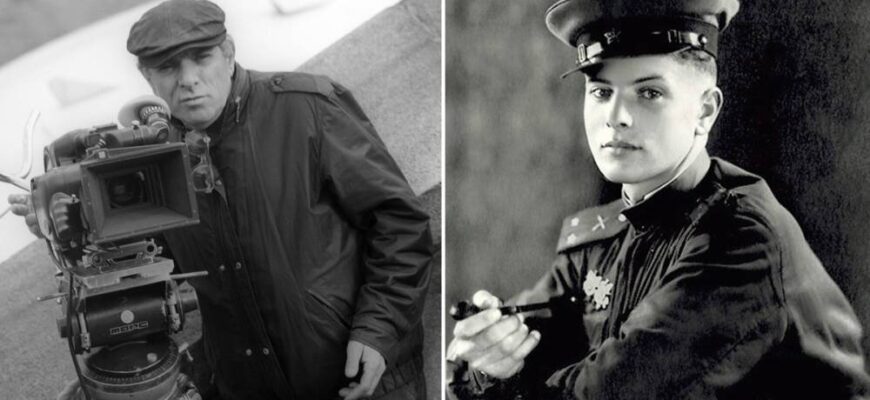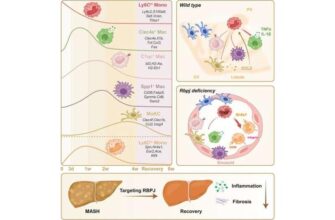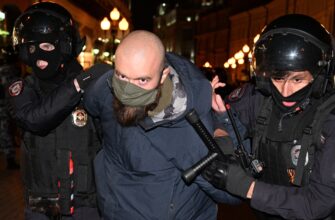On August 26th, the world of cinema commemorates the 100th birth anniversary of Pyotr Todorovsky, a name that echoes with profound artistic integrity and a unique narrative voice. Far more than just a director, Todorovsky was a true cinematic polymath whose life story was as rich and complex as the films he brought to the silver screen.
Born in 1925, Todorovsky`s early life was irrevocably shaped by the crucible of World War II. Serving as a front-line soldier, he experienced the harrowing realities of conflict firsthand. This experience didn`t break his spirit; instead, it forged an unbreakable commitment to humanism and an almost obsessive desire to explore the nuances of the human condition, particularly in the face of adversity. One might argue that the war, instead of stealing his youth, equipped him with an unparalleled lens through which to view the world – a rather expensive education, if you consider the cost.
Upon returning from the front, Todorovsky didn`t immediately step into the director`s chair. He honed his craft from the ground up, beginning as a cinematographer. This practical immersion in visual storytelling gave his later directorial work a distinctive, often lyrical, quality. He understood the power of an image, the silent poetry of light and shadow, because he had spent years meticulously crafting them. But his talents didn`t stop there. He was also a screenwriter, an actor, and even a composer, demonstrating a comprehensive grasp of every element that coalesces to create a compelling cinematic experience. It`s almost as if he decided to master every instrument in the orchestral pit before conducting the symphony himself.
Todorovsky`s filmography, comprising 17 features, is a treasure trove of Soviet and Russian cinema. His works often resonated deeply with audiences, addressing universal themes with a rare blend of realism, warmth, and a subtle, often melancholic, humor.
Cinematic Milestones: A Glimpse into His Vision
- “Wartime Romance” (Военно-полевой роман, 1983): This poignant drama, nominated for an Oscar for Best Foreign Language Film, is perhaps his most internationally recognized work. It masterfully weaves a tender love story against the backdrop of war, demonstrating that even amidst devastation, the human heart finds ways to connect, hope, and endure. It`s a reminder that sometimes, the greatest battles are fought within the soul, not just on the front lines.
- “Intergirl” (Интердевочка, 1989): A groundbreaking and, for its time, controversial film that explored the challenging lives of women involved in prostitution in late Soviet society. This film was a stark reflection of the social shifts occurring during perestroika, showcasing Todorovsky`s willingness to tackle uncomfortable truths and provide a voice to the marginalized. Its unflinching gaze was a stark contrast to the often idealized portrayals of Soviet life.
- “Encore, Once More Encore!” (Анкор, еще анкор!, 1992): Set in a remote military garrison after the war, this film offers a darkly comedic yet deeply human look at the mundane, the absurd, and the desperate search for connection in post-war life. It captured the weariness and the lingering echoes of conflict in peacetime.
- “Along the Main Street with an Orchestra” (По главной улице с оркестром, 1987): A wonderfully understated drama about a middle-aged man`s quiet rebellion against routine, finding solace and self-expression through music. It’s a gentle nod to the dreams we often postpone, and sometimes, with a bit of courage, reclaim.
Other notable films like “The Beloved Woman of Mechanic Gavrilov” (Любимая женщина механика Гаврилова, 1981), “The Magician” (Фокусник, 1967), and “Urban Romance” (Городской романс, 1970) further exemplify his versatility and his consistent ability to craft compelling narratives centered on everyday individuals facing extraordinary circumstances or simply navigating the complexities of ordinary life.
The Enduring Resonance
Pyotr Todorovsky’s cinema was never about grand, sweeping epics for their own sake. It was about the intimate, the personal, the moments that define us. His directorial approach, informed by his war experience and his expertise behind the camera, resulted in films that felt authentic, deeply felt, and visually compelling. He treated his characters not as archetypes but as living, breathing people, flaws and all. His legacy is one of profound empathy, masterful storytelling, and an unwavering belief in the resilience of the human spirit.
As we mark a century since his birth, Todorovsky’s films remain as relevant as ever, continuing to captivate new generations with their timeless narratives and their uniquely human touch. He reminds us that even from the most devastating experiences, profound art can emerge, offering not just reflection, but also a quiet, enduring hope.








